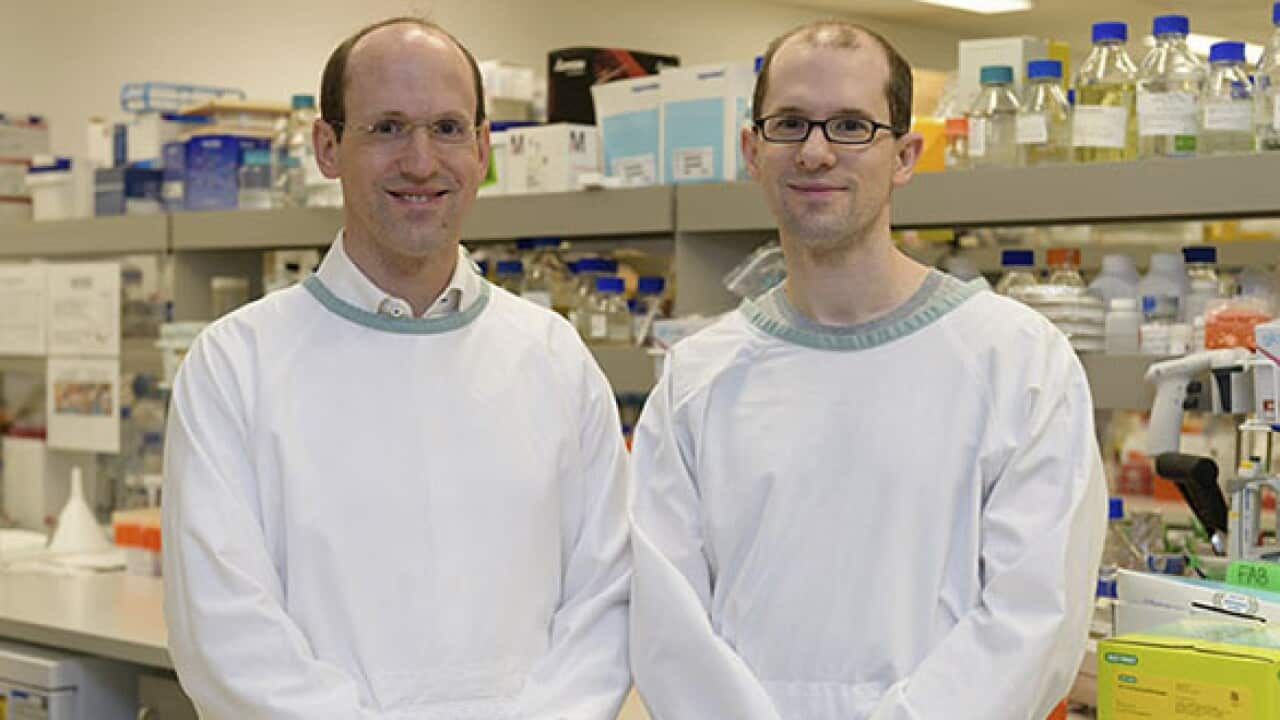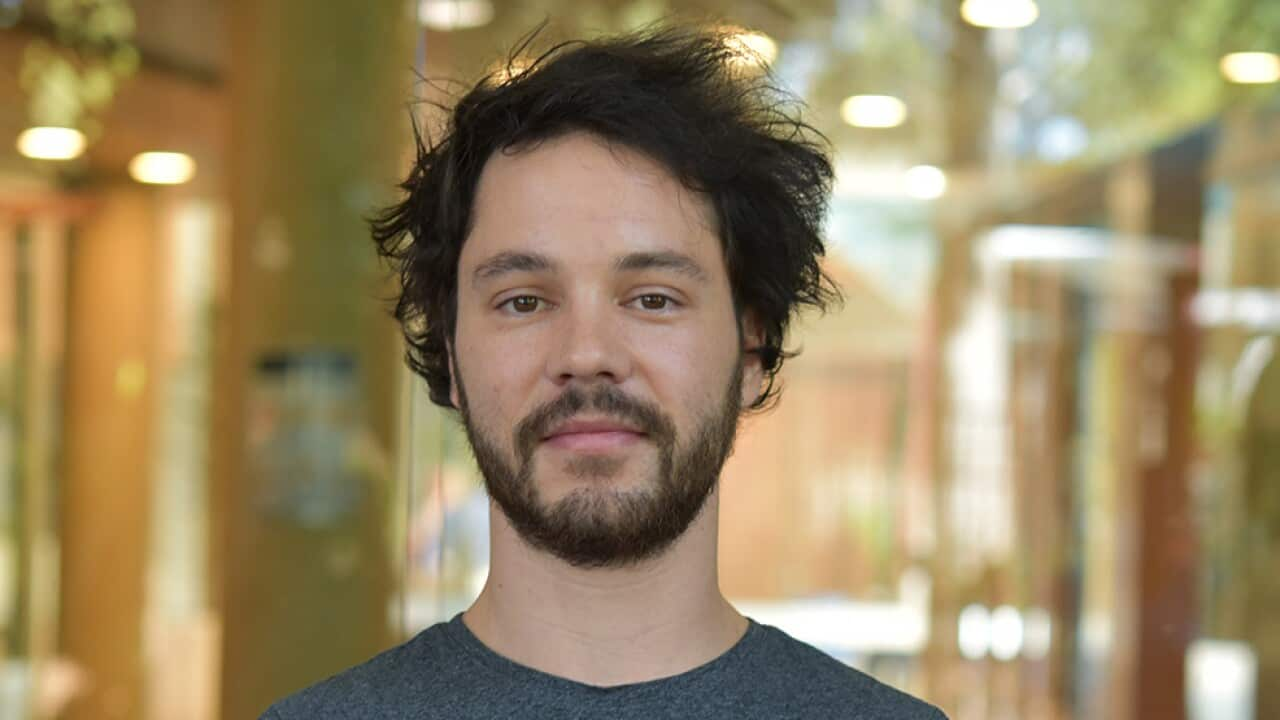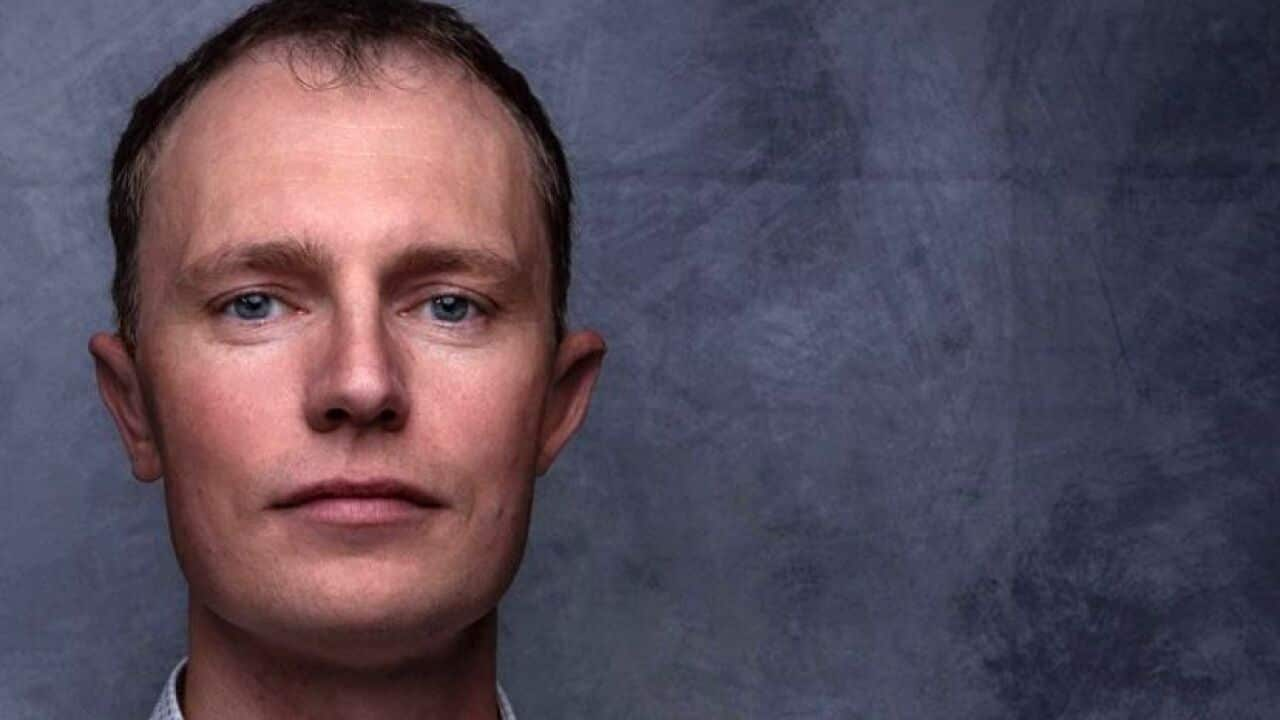Munich-born brothers Dr Arne Ittner and Professor Lars Ittner are co-leaders of the research at Macquarie University Dementia Research Centre, which claims to have reversed the effects of memory loss associated with Alzheimer's disease in mice with advanced dementia.
The brothers who are experienced alpine mountaineers told SBS German that they are hopeful of replicating their success in humans within five to ten years.
Building on their work that involves the use of an enzyme naturally present in the brain, they developed a gene therapy which improves and even restores memory in mice with Alzheimer’s disease.
The researchers found that this enzyme, when activated, can modify a protein in a way that it prevents the development of Alzheimer’s disease symptoms.
Professor Lars Ittner, who is the director of the research centre, credits his younger brother Dr Arne Ittner with making the first important discovery for the new therapy back in 2016.
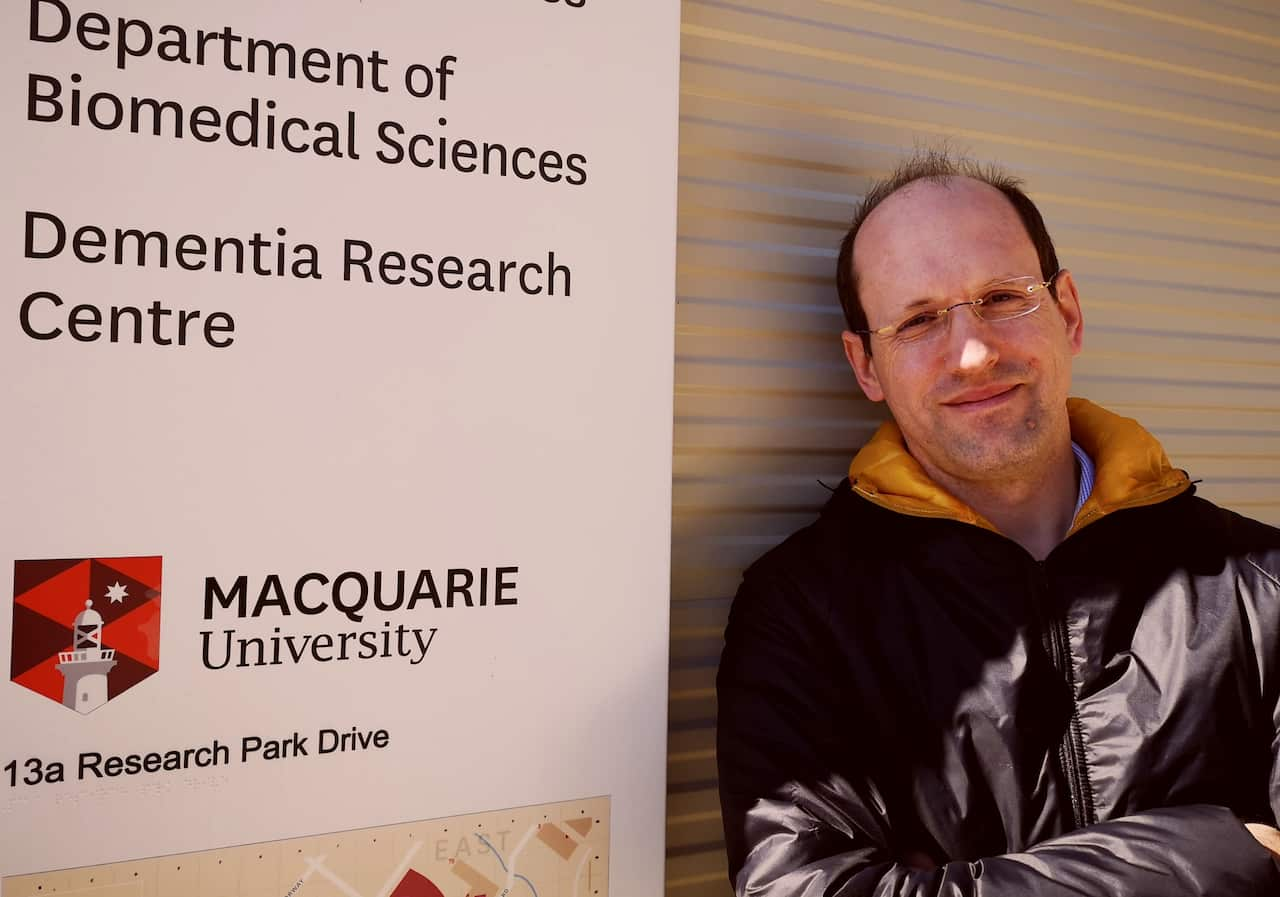
He explains that there is a naturally protective activity in the brain that shields it from Alzheimer’s disease.
"Unfortunately, the further you progress down the Alzheimer’s disease track, the more memory you actually lose - the more you also lose this natural protective effect,” says Professor Lars Ittner.
With the application of the sophisticated gene therapy over the past four years, Arne Ittner was able to strengthen the natural ability to fight Alzheimer’s in the brains of the laboratory mice and even stop further memory loss.
“In their genetic make-up, mice are relatively similar to humans and also their organ structure is quite similar,” he says.
But the brothers say they were in for a big surprise.
“I vividly remember the day Arne came into my office with the data. We analysed it together and initially, we couldn’t believe what it told us.
"The mice recovered their memory function and their ability to learn returned.
"So, two months after we treated the mice at very old ages, these mice suddenly behaved like their normal siblings. We were really stoked. There is no comparable therapy out there and no other gene therapy either,” says Lars Ittner.
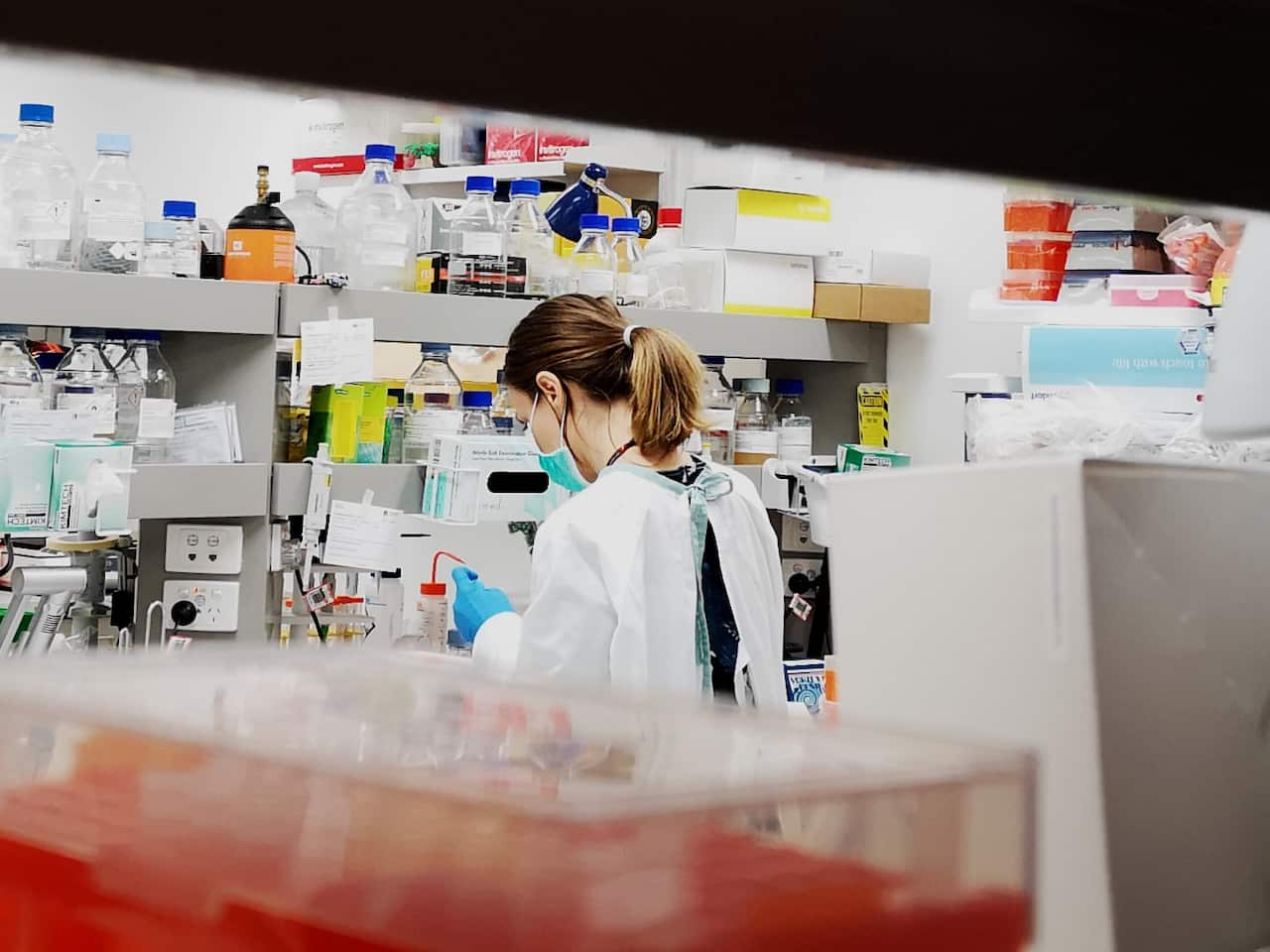
The next step is to transition to testing the safety and efficacy of the new therapy in humans.
“That,” says Arne, “will require an additional level of complexity, cost and time.”
“Science has managed to reduce the mortality rate in all major diseases – cancer, diabetes, blood pressure so on and so forth – but we are still seeing increases in Alzheimer’s disease, and so getting into this space and doing something about it is of utmost importance.”
The two researchers predict that this new therapy could be within the reach of humans in less than 10 years.
“This could even be as close as a five-year timeframe for us to see the success we have seen in mice.”
Some of the world’s biggest pharmaceutical companies have already taken note of the Australian research breakthrough and are offering the brothers their financial and manufacturing expertise for the delivery of the first anti-Alzheimer treatment.
